Why the Nile River Was So Important to Ancient Egypt
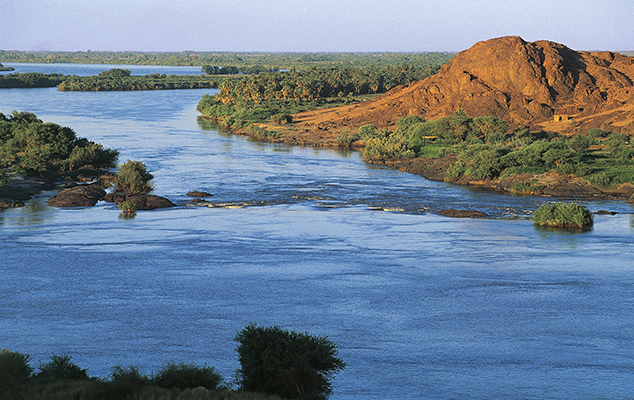
Why Nile River Was Most Important to Ancient Egypt. When the Greek historian Herodotus wrote that the land of the ancient Egyptians was “given by the river”, he was referring to the Nile, whose water was necessary for the emergence of one of the earliest great civilizations in the world. It stretches from the eastern part of Central Africa to the Mediterranean Sea and stretches for 4,160 miles.
It provided ancient Egypt with fertile soil and water for irrigation and transportation of construction materials; its water of life gave birth to cities in the desert. In order to benefit from the Nile River, people living on the banks of the Nile River must figure out how to deal with the annual flooding of the Nile River. They also developed new skills and technologies, from agriculture to shipbuilding.
The pyramids, huge spectacles, are the most famous memories of your civilization. Regardless of practical issues, this vast river deeply influenced the views of the ancient Egyptians. Lisa Saladino Haney, the assistant curator of Egypt at the Carnegie Museum, wrote that the Nile was “a vital savior, literally bringing the desert to life.” The natural history of Pittsburgh is on the site of the museum. “There would be no Egypt without the Nile,” the Egyptologist wrote in his book “The Nile” published in 2012.
Nile River

The Nile Valley’s thick layer of residue “changed what may have been a topographical interest, a rendition of the Grand Canyon, into a thickly populated farming nation,” clarifies Barry J. Kemp in Ancient Egypt: Anatomy of a Civilization.
The Nile was such a point of convergence to the antiquated Egyptians that their schedule started the year with the main month of the flooding. The Egyptian religion even adored a divinity of flooding and richness, Hapy, who was portrayed as a rotund man with blue or green skin.
As indicated by the UN’s Food And Agriculture Organization,antiquated Egyptian ranchers were one of the principal gatherings to rehearse farming for a huge scope, developing food yields like wheat and grain, just as modern harvests like flax for making clothing. To capitalize on the Nile’s waters, antiquated Egyptian ranchers fostered a framework called bowl water system. They developed organizations of earthen banks to shape bowls, and burrowed channels to coordinate floodwater water into the bowls, where it would sit for a month until the dirt was immersed and prepared for planting.
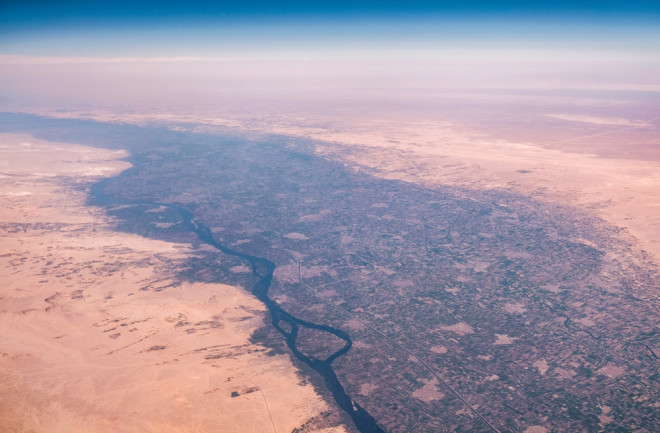
“It is clearly difficult if the land on which you have fabricated your home and develop your food gets overwhelmed by a stream each August and September, as the Nile used to do before the Aswan High Dam,” clarifies Arthur Goldschmidt, Jr., a resigned Penn State University teacher of Middle East history and the creator of A Brief History of Egypt. “Making embankments, channels and bowls to move and store a portion of the Nile waters required inventiveness and presumably much experimentation for the old Egyptians.”
The Nile Valley as Part of Identity
The Nile affected how Egyptians thought about the land in which they lived, as indicated by Haney. They separated their reality into Kemet, the “dark land” of the Nile Valley, where there was sufficient water and nourishment for urban communities to flourish. Conversely, the hot, dry desert regions were Deshret, the “red land.” They connected the Nile Valley and desert springs in the desert regions with life and wealth, while the deserts were related with death and disorder.
The Nile likewise assumed a significant part in the making of the stupendous burial places like the Great Pyramid of Giza. An old papyrus journal of an authority engaged with the development of the Great Pyramid portrays how laborers moved monstrous squares of limestone on wooden boats along the Nile, and afterward steered the squares through a waterway framework to the site where the pyramid was being built.
Article you might like: Real-life ‘Atlantis’


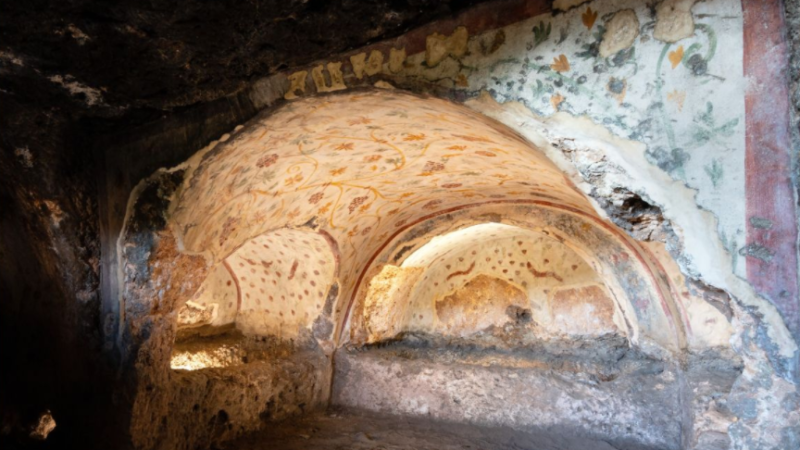
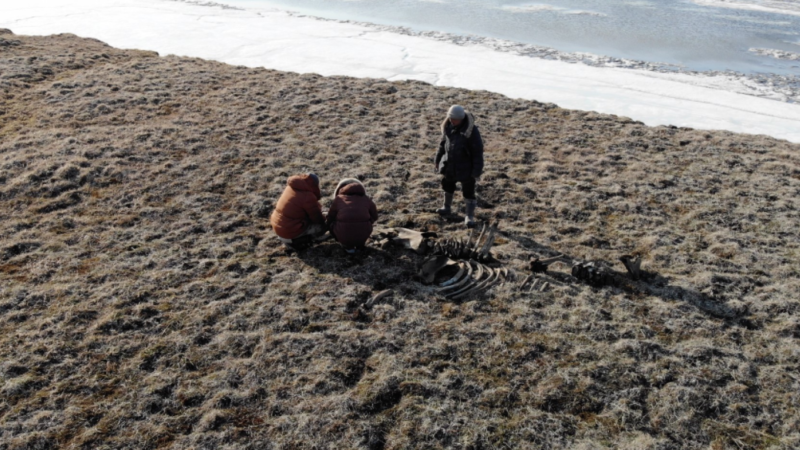
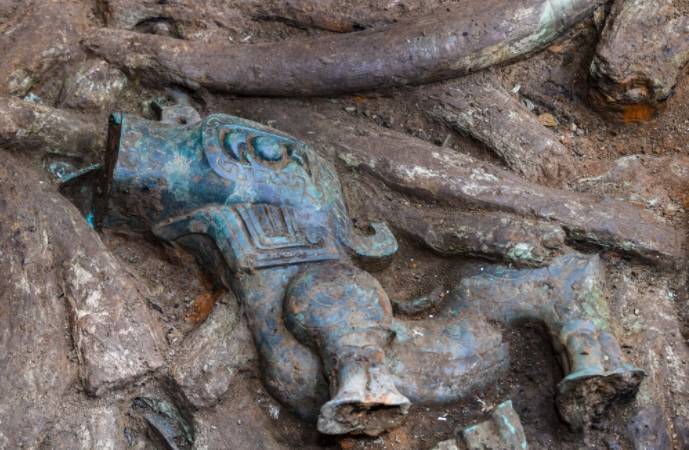
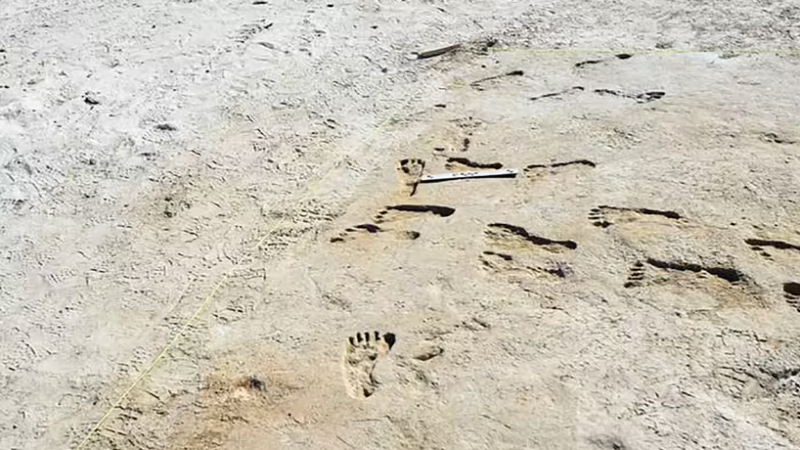
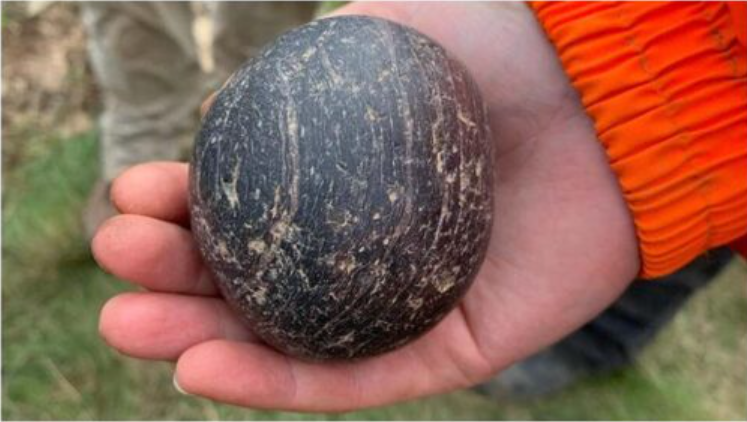
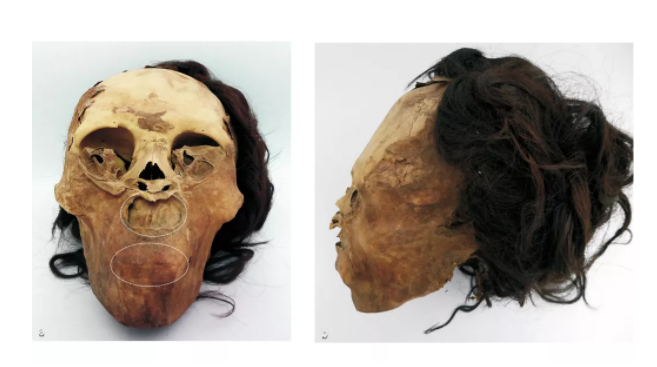
One thought on “Why the Nile River Was So Important to Ancient Egypt”